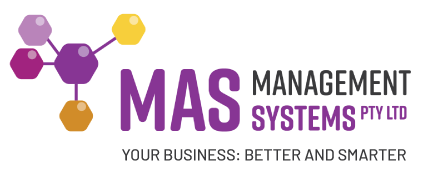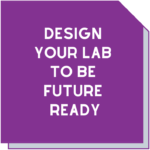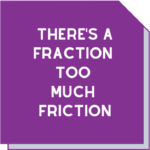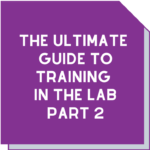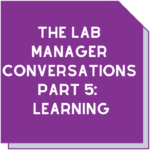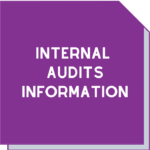The truth is out there
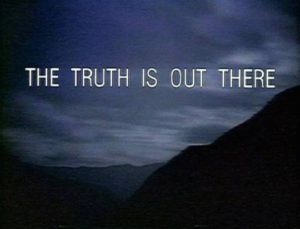
Our social media feeds are filling up with the doom and gloom of celebrities and musicians we lost in 2016. The world has also experienced some tumultuous events through the likes of Brexit, Trump and the long-running war in Syria.
But it’s been a great year for science, with some important discoveries and insights into our world.
In this post-truth world we inhabit, it’s critical to remind ourselves that the truth of science can show the good in humankind.
Here’s a few of those truths that were uncovered in 2016.
Einstein’s Theory of Relativity
In February we were agog with the news about detection of gravitational waves. This put in place the final piece of the puzzle proving Einstein’s theory of relativity.
Space-time is a medium that can ripple like a piece of fabric. Gravitational waves help us to see objects moving through space that we have not been able to see through existing telescopes.
What this means to our everyday lives is still to be discovered, but the perseverance and intellect of humans to investigate our universe is awe-inspiring.
Artificial Intelligence trumps human intelligence in a game
In March AlphaGo, Google’s DeepMind artificial intelligence system, won a Go championship against Lee Sedol, a human champion in the game.
Does this mean its ‘game over red rover’ for us humans? Can we consign ourselves to a life of leisure while machines do all the hard thinking?
You might like to dream about this in your mid-summer holiday time, but the good news is that we are not completely redundant. The game revealed some weaknesses in the AI system and compared to humans, it is not very efficient at learning and generalising from a few examples.
This is still a great step forward! We can apply the technology in limited cases. For example, in pattern recognition, decision making and planning skills. This will free the human brain to deal with some more novel problems. Researchers are predicting that it could be usefully applied to clinical data to improve diagnoses or treatment plans.
Goldilocks in space
Don’t go signing up to Virgin Galactic yet, but scientists made the exciting discovery of a planet 1.3 times the mass of earth orbiting Proxima centauri.
At just 4.2 light years away, the planet has an average surface temperature which is not too hot, nor too cold, to harbour liquid water. Researchers don’t know whether it can sustain life.
At least it might give humans a place to flee to when our Sun eventually dies, or we totally annihilate Earth, whichever comes first!
RDT- coming to a surgery near you
Back in the day, doctors would sometimes diagnose some diseases by smelling a patient’s breath. Today, scientists have identified a unique ‘breathprint’ for some diseases.
Using an array of nanoscale sensors in MS detectors, science researchers detected the individual components in thousands of breath samples. These samples were from healthy patients or had one of 17 different diseases, such as kidney cancer or Parkinson’s.
They found that each disease produces a unique volatile chemical breathprint, based on differing amounts of 13 components. The presence of one disease would not prevent the detection of others.
So in the future, rather than give blood for expensive pathology testing, we may be asked to simply count to 10. Then your doctor can diagnose disease in a new form of RDT: random disease testing.
Ensuring the accuracy and reliability of such groundbreaking scientific advancements relies on precise testing and calibration, which ISO 17025 accreditation supports by maintaining the highest standards in laboratory competence.
Using bugs to clean up the atmosphere
There’s quite a few applications where microorganisms are used to produce something within a manufacturing process. They can also be used to clean up environmental accidents. Think: penicillin and the BP oil spill in the Gulf of Mexico.
A few months ago, the latest discovery of microbes helping solve a headache to humanity was made. Science researchers found that the reductase component of the nitrogenase enzyme in the bacterium Azotobacter vinelandii can convert CO2 to CO. This discovery could mean that we can recycle greenhouse gases into useful products. We use CO in pharmaceutical production, metallurgy, electronic and semi-conductor applications.
So if you feel let down by the doom and gloom and post-truth environment we live in, look no further than to science. The truth is out there, from the wide expanses of the universe to the microscopic life on Earth.
Read more about building your business on our blog or for all things science, head to the ABC Science website.
